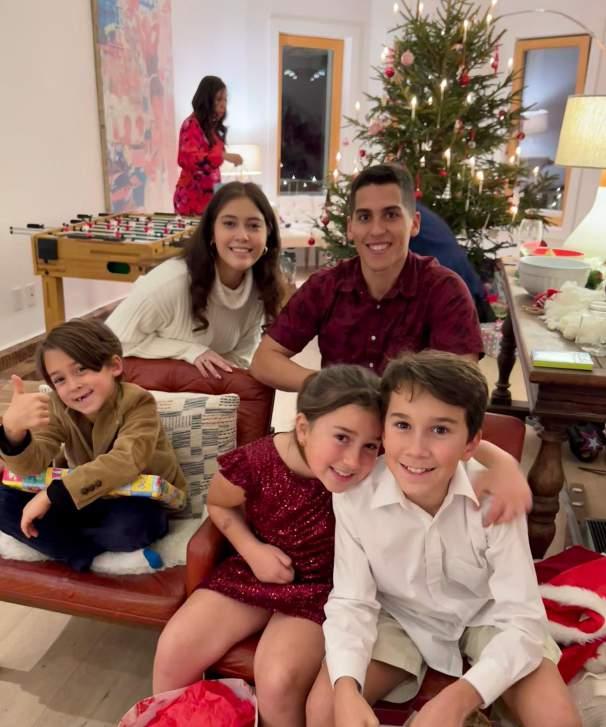
2 minute read
Immigrant and First-Gen College Student Finds Family, Funding, and Guidance to Navigate His Future

By Xavier Garay
Advertisement
Being both a first-generation immigrant and a first-generation college student has a set of challenges that may not be obvious from the outside. Growing up, I did not have the conventional lifestyle surrounded by family, as most of my family lived outside the country, and my parents had to work most of the day. Since neither of my parents went to school in the United States or attended college, it was difficult to find the right steps to take to ensure my academic and professional success. I was also unsure how I was going to pay for higher education.
Then I found out about the National Guard. They offered to pay for my tuition if I agreed to enlist and drill for one weekend a month and two weeks in the summer. Enlisting solved two of my problems: navigating my way through college and having a family nearby. The Army then provided me with the means to pay for college and offered support through their various programs to ensure I was academically successful. The only remaining thing I needed was the income to support my life outside of college. To that end, I talked to the Recruiting Operations Officer at the Rut- gers Army ROTC program about a scholarship that could cover the rest of what I needed. This lifted the strain of worrying about finding employment and allowed me to focus on other ways to improve myself, like participating in several research projects and simply enjoying life.
Enlisting solved two of my problems: navigating my way through college and having a family nearby.
One of the worries I had about joining a program like the National Guard and ROTC was how it would interfere with my studies. However, I can honestly say that without the support of these programs, I would not be in the position I am today. Every semester, we need to submit a form with all the classes we took and plan to take, which must be signed by an advisor to confirm we are on track to graduate. Rutgers also allows military-affiliated students to register for classes before any other demographic, ensuring we get the classes that fit best with our schedule. If, after all this, there is still a conflict between courses or an opportunity, the ROTC program is willing to make accommodations to ensure our academic success.
The program even offers internship opportunities to enhance our professional success outside the military with partnerships through several organizations, such as the FBI, Army Medical Command, and Massachusetts Institute of Technology Lincoln Laboratory, which I participated in as an engineering intern. These organizations have a specific number of slots offered to cadets from around the country in a variety of professions, including cybersecurity, engineering, medicine, history, and more. Community service is also a big deal in our program, which is why we volunteer around Rutgers University wherever they need us and run annual food drives for the local community.
After I graduate, I will remain in the National Guard and plan to stay for 20 years while maintaining a civilian career in research and development. I also plan on attending graduate school to pursue a PhD in Mechanical Engineering. I hope to one day carry these experiences forward to become a leader in the engineering field, potentially motivating others from similar backgrounds to actively pursue their goals.







